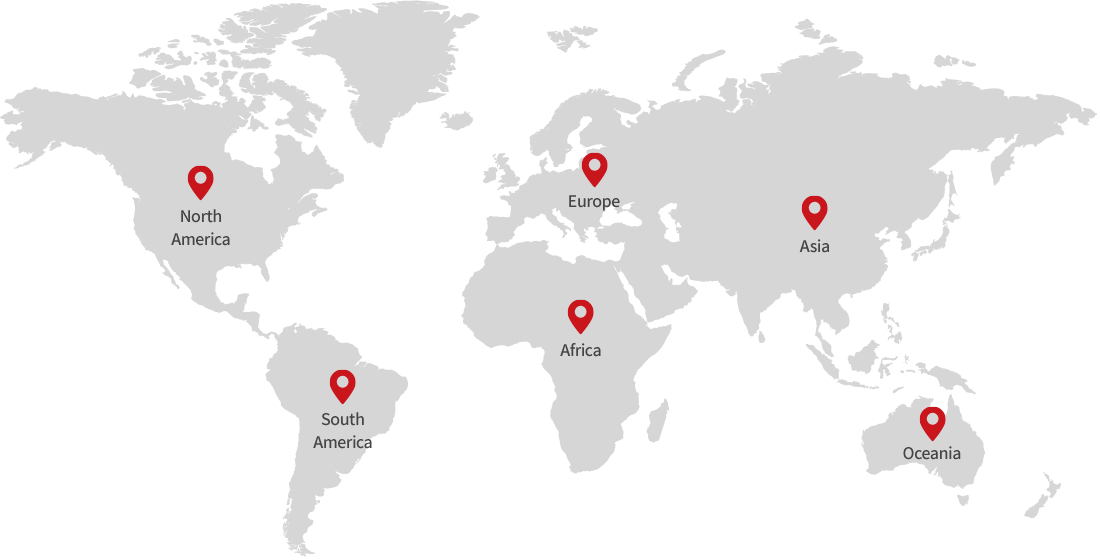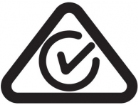NCT is now part of

GMA(Global Market Access)
 > Overseas Certification > GMA(Global Market Access)
> Overseas Certification > GMA(Global Market Access)

-

- BIS(India)
Forced items designated by Bureau of Indian Standards(BIS) should obtain product certification when exported to India, and only products attaching ISI marks are available for sale in the Indian market.
Energy-Related Products (ErP) Directive
- Product certification system of BIS is designed to ensure the quality, safety, and reliability of products to be used by end consumers, and as an ISI certification mark, known as the Standard Mark, it acts as a guarantee that the product is suitable for the specifications of the product when it is attached to a product.
- Some items must be certified by BIS to be imported.
- Compliance with certificates should be followed through regular sampling tests extracted from markets and factories as well as frequent inspections.
- BIS operates Product Certification Scheme under the Bureau of Indian Standards Act 1986 enacted by congress.
- The ISI, the predecessor of the BIS, issued the ISI mark, a quality mark that has been operated since 1995, and those who obtain the certification can use it in the Indian market.
- Product certification system of BIS is based fundamentally on ISO Guide 28(General rules for a model third party certification system for products) as an autonomous system, and the requirements for product certification system operation are mostly consistent with ISO Guide 65(General requirements for bodies operating product certification systems).
* India has not imposed any restrictions on imports since 2001, it lifted all existing import quantity regulations, making it easy for anyone to import most items after a certain small set of procedures for Open General License(OGL).
-

- Spring (Singapore)
It is Singapore's representative consumer protection system aimed to prevent safety accidents in both consumer and public places in advance by forcing consumers to conduct safety checks and prohibiting the sale of products that fail to meet inspection standards. In other words, it is a compulsory inspection system under which items subject to safety inspection designating products as 'controlled goods' and controlled goods can be sold and advertised in Singapore only after they pass safety inspections and are registered with the authorities. Evidence laws are consumer protection laws and regulations. Those who want to advertise, exhibit, or sell items designated as controlled items (such as importers, retailers, manufacturers, etc.) can only advertise, exhibit or sell those products by issuing a Certificate of Conformity (COC) by Conformity Assessment Bodie(CAB) and registering the products on Spring Singapore. Penalties will be imposed for violations. Singaporean government has been designating controlled items in steps since 1992, 45 product lines including electricity, electronics, gas appliances and accessories are classified and managed as controlled items. The controlled items include adapters, LPG systems, microwaves, electric irons, gas cookers, hairdryers, television, video player devices, video cassette recorders, fans, high-frequency equipment, hot water appliances, kettles, refrigerators, rice cookers, air conditioners, vacuum cleaners, washing machines, and more than 35,000 controlled items are registered in Spring Singapore.
Singapore has been implementing a consumer protection law called the Lemon Act since September 1, 2012. While they expected the Act to play a positive role in creating conditions for people to trade easily by strengthening consumer rights and raising the level of sellers, some say the law should be refined more because of ambiguous expressions such as ‘in a reasonable period’ and ‘causing significant inconvenience’ in legal clauses.
-

- RCM(Australia)
The RCM can be seen as a range embracing electric safety and C-Tick. EMC and wireless communications-related products can be marked by selecting "C-Tick" or "RCM". The ElectricSafety Regulating Agency allows RCM as one of the options for demonstrating electric safety conformance
RCM is a mark intended to represent conformance for three sectors at once, depending on industrial needs, due to the difficulty of attaching each corresponding mark for EMC, wireless communications and electric safety. Vendors who want to use RCM must register on Standard Australia and must express their intention to ACMA for using the mark.
-

- ARPT(Algeria)
The Algerian certificate is issued through Authority for Regulation of Post and Telecommunication(ARPT) and wireless products such as Bluetooth, WiFi, LTE, GSM, and corded products such as fax, modem and corded phones are the object. Local testing is required through local agent, based on certification made before entry.
-

- ANRT(Morocco)
EU standards certification such as CE and ISO and global audit standards are also used in Morocco, and they serve as advantages in negotiating prices. Meanwhile the areas that require Morocco's own inspection standards are the communications industry sectors and food sectors, and imports of mobile communications devices must pass the audit by the Moroccan Communications Supervisor(ANRT). And the food sector must be examined by the Food Managing Committee(EACCE).
-

- CERT(Tunisia)
- Communications or wireless terminals imported into Tunisia should be approved by communications regulating agency of Tunisia.
- Communications devices approval agency of Tunisia is the communication research center, CERT (Centre d'Etudes et de Recherche des Telecommunications), and there is a testing laboratory that can conduct EMC tests, electric tests, and radio tests within CERT. All devices are tested in CERT.
- Communications devices and low-power and short-range wireless terminals are subject to type approval, while devices that are not classified as low-power and short-range radio terminals require approval from the national frequency agency (Bureau de l'AgenceNationale des Frequency, ANF) as well as CERT.
- The CERT certificate is divided into the certification approval for communications devices(Certificatd’Homologation) and conformation certification for importing(Certificat du Conformite), and both certificates must be obtained for final import.
- Submission documents for approval certificates include applications, certificate of origin, technical documents in Arabic, French or English, and if there is no problem with the application for approval, approval will be issued within 10 days.
- Submission documents for conformance certificates include CERT approval certificates, device purchase documents, customs entry and temporary prohibition notices, technical specifications for devices, ANF approval for wireless terminals, and if there is no problem with the application, approval will be issued within 10 days.


